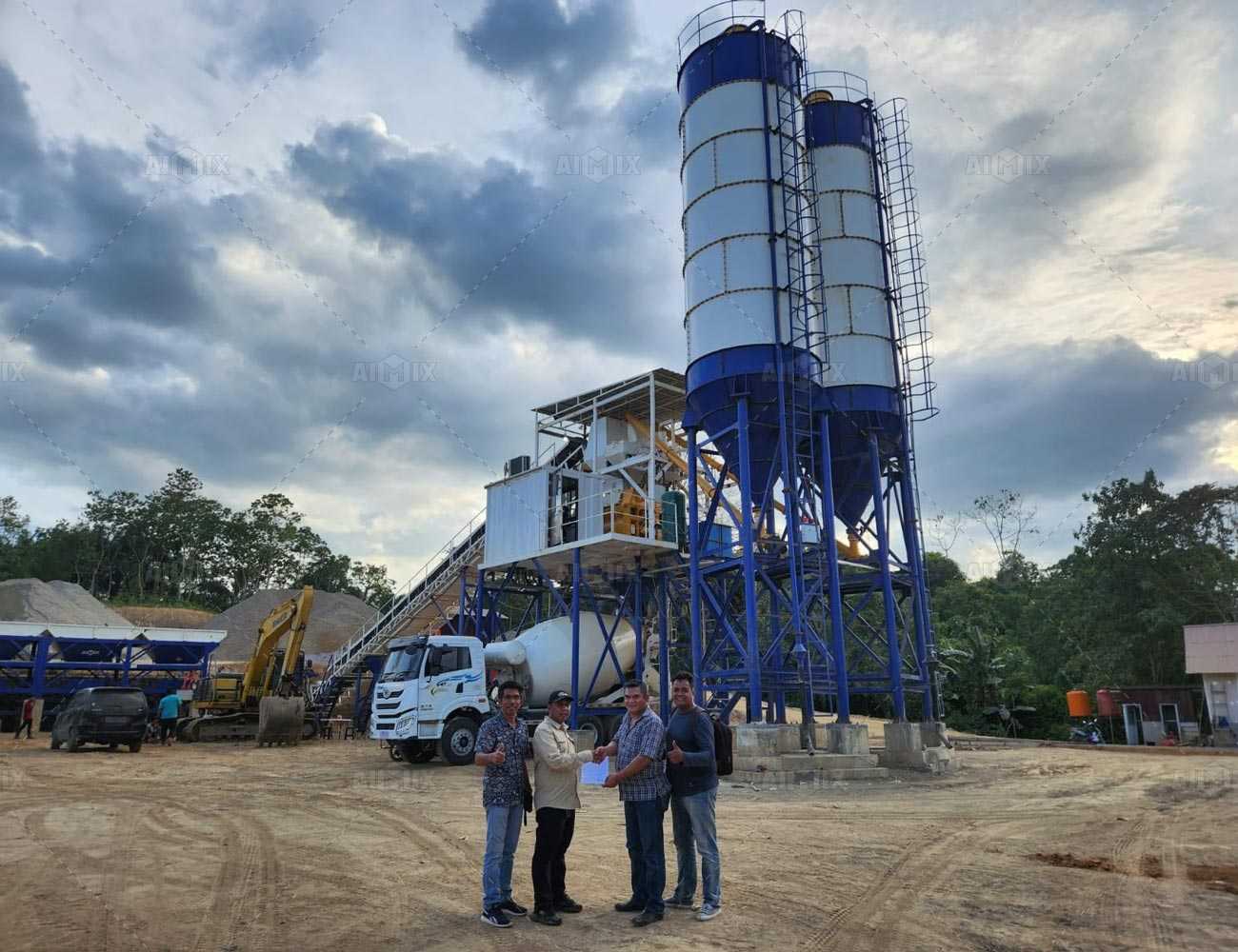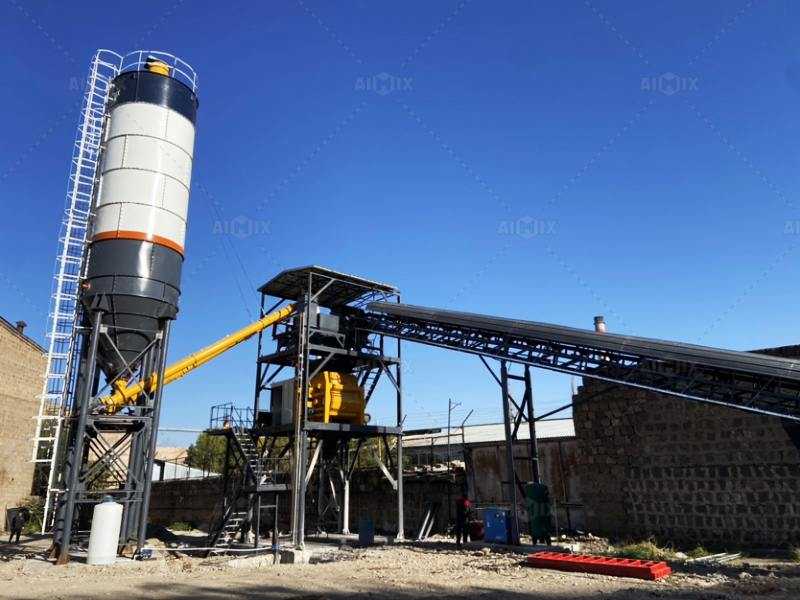When it comes to investing in a batching plant, one of the primary considerations for contractors and businesses is the price. Batching plants are essential for producing concrete efficiently, and their costs can vary widely based on numerous factors, including quality, features, capacity, and brand reputation. However, a critical question remains: Is it worth paying a higher price for better quality? This article delves into the key aspects of batching plant pricing and the implications of quality on your investment.

Understanding Batching Plant Pricing
Batching plants, whether stationary or mobile, come in various configurations and capacities. The price typically reflects the following factors:
Plant Type:
- Stationary Plants tend to be more expensive than mobile ones due to their higher production capacity and the complexity of their installation.
- Mobile Plants offer flexibility and ease of transport, making them ideal for projects requiring relocation, but they may have lower output capacities.
Capacity and Output:
- The production capacity (measured in cubic yards or meters per hour) significantly influences the price. A plant with a higher capacity will cost more, but it can also lead to higher returns on investment through increased production.
Quality of Components:
- Quality materials and components, such as mixers, control systems, and conveyors, contribute to the overall durability and efficiency of the plant. Higher quality often comes at a higher price.
Brand Reputation:
- Well-established manufacturers with a history of reliability and quality assurance tend to charge a premium for their products. This price often reflects the support, warranty, and service quality you can expect.
The Importance of Quality in Batching Plants
Investing in a high-quality batching plant can lead to significant advantages that justify the higher price:
Durability and Longevity:
- High-quality batching plants are built to last. They typically use robust materials and advanced engineering practices, reducing the risk of breakdowns and extending the lifespan of the equipment. This durability translates into lower maintenance and replacement costs over time.
Consistent Quality of Concrete:
- A quality batching plant ensures precise mixing of concrete, leading to a consistent product that meets industry standards. This consistency reduces waste and the need for rework, ultimately saving money on materials and labor.
Increased Efficiency:
- Premium batching plants often come equipped with advanced technology that enhances efficiency. Features like automated controls and real-time monitoring can optimize production schedules and reduce downtime, maximizing output and profitability.
Enhanced Safety Features:
- High-quality plants often include better safety mechanisms and compliance with industry standards, reducing the risk of accidents. A safe work environment is not only beneficial for your workforce but also helps avoid costly legal issues and downtime.
Better Resale Value:
- Investing in a high-quality batching plant can also lead to better resale value. A well-maintained, reputable brand is likely to attract buyers and fetch a higher price in the used equipment market.

Evaluating the Cost-Benefit Ratio
While the initial investment in a high-quality batching plant may be higher, it’s essential to consider the long-term benefits. Here are some factors to evaluate the cost-benefit ratio:
Total Cost of Ownership (TCO):
- Analyze the total cost of ownership over the plant's expected lifespan, including purchase price, maintenance, repairs, and operational costs. A higher initial investment may lead to lower overall costs if the plant operates efficiently and requires less maintenance.
Production Efficiency:
- Consider how a high-quality plant can increase your production capabilities. If a more expensive plant can produce more concrete in less time, the added capacity could offset the higher initial costs.
Quality Assurance:
- The impact of high-quality concrete on your reputation and client satisfaction is invaluable. Consistent quality can lead to repeat business, referrals, and a solid reputation in the industry, all of which can positively affect your bottom line.
Making an Informed Decision
When deciding on a batching plant, it’s crucial to balance quality and price. Here are some tips to ensure you make an informed decision:
Research and Compare:
- Gather information from multiple manufacturers, compare specifications, and read reviews from other users. Understanding the experiences of others can provide valuable insights into the reliability and performance of the equipment.
Request Demonstrations:
- If possible, arrange for demonstrations of the plants you’re considering. Seeing the equipment in action can help you assess its capabilities and quality firsthand.
Consult Industry Experts:
- Engage with industry experts or consultants who can provide guidance on what to look for in a batching plant based on your specific needs and budget.
Conclusion
In conclusion, while the initial cost of a high-quality batching plant may be higher, the benefits often outweigh the price difference. Investing in quality can lead to greater durability, efficiency, and consistency in concrete production, ultimately contributing to long-term profitability. By understanding the factors that influence batching plant prices and weighing the importance of quality, you can make a well-informed decision that aligns with your operational goals and financial considerations. A smart investment in a reliable batching plant can pave the way for successful projects and sustained business growth.







